At the Philanthropy Asia Summit (PAS) 2025, discussions on development and human capital centred on the imperative to build inclusive, resilient systems that empower individuals across generations and geographies.
From early childhood nutrition to equitable education and digital inclusion, sessions reinforced that sustainable progress requires integrated, people-first approaches, cross-sector collaboration, and bold investments in local leadership, data, and innovation.
Nutrition as the Foundation of Human Development
Human capital development begins well before school. Malnutrition, especially in children, remains one of the most persistent barriers to physical growth, cognitive potential, and economic participation in many parts of the region.
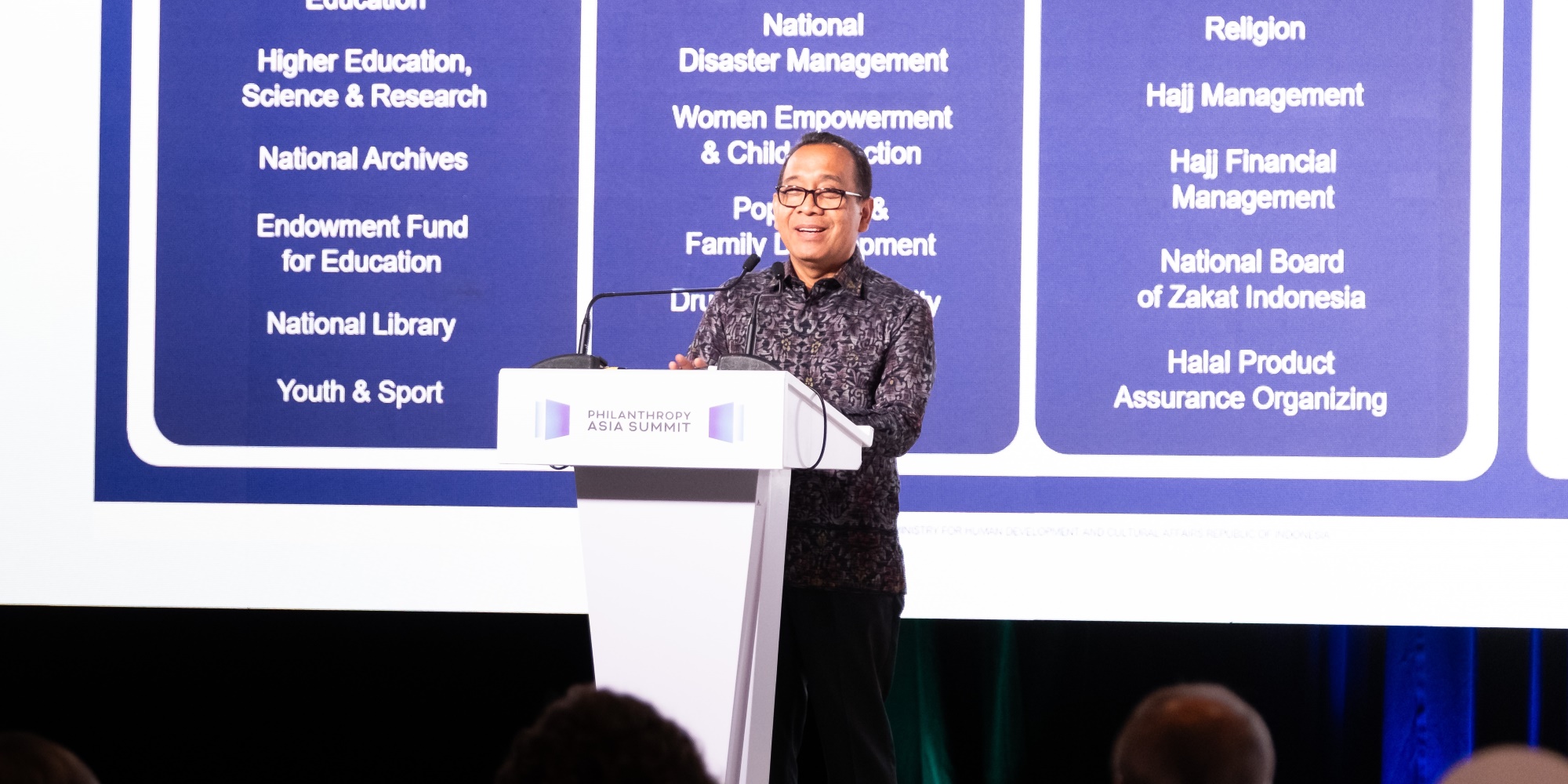
His Excellency Professor Pratikno, Coordinating Minister for Human Development and Cultural Affairs of Indonesia, speaking at the PAS plenary.
Speakers called attention to countries adopting whole-of-government strategies — coordinating health, education, and social protection systems — to address the complex and overlapping drivers of malnutrition, including poverty, food insecurity, and lack of access to health services.
This urgency is reinforced by the widespread impact of poor-quality diets, which limit physical and cognitive development as well as undermine broader development outcomes. A mother’s nutrition during pregnancy also affects her child’s lifelong health.
Early intervention, data-driven policy, strategic partnerships, and focused investments are needed to achieve impact at scale.
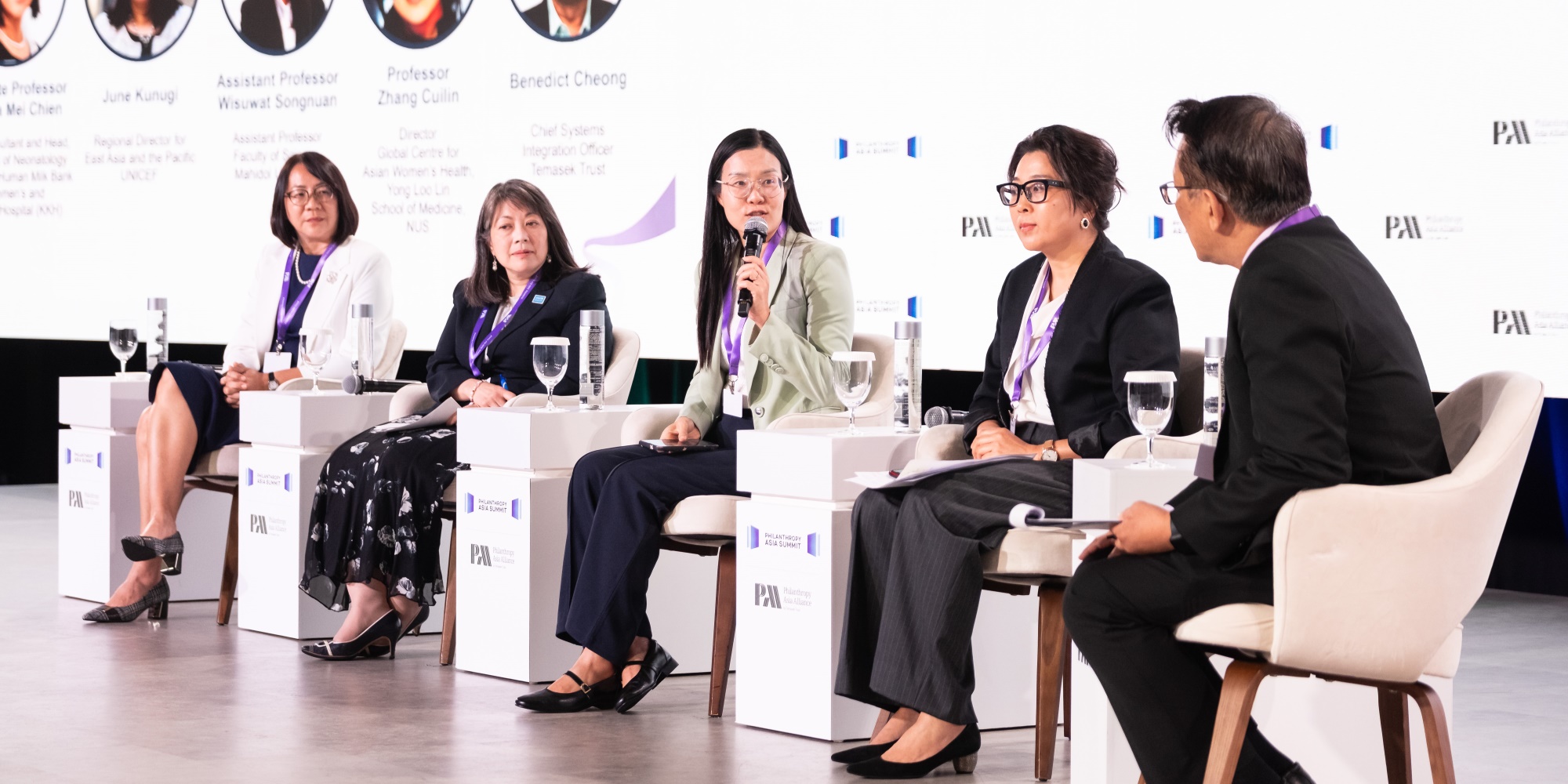
“The Nutrition Challenge” panel at the PAS plenary.
Innovation and Resilience Through Systems Thinking
In an era shaped by climate change, inequality, and global uncertainty, solutions to human development challenges must be equitable, integrated, and grounded in local realities, combining systemic planning and inclusive technology deployment.
Innovation on its own is insufficient; it must be embedded within public systems, supported by strategic partnerships, and informed by the lived experience of communities. This can help turn local successes into global solutions.
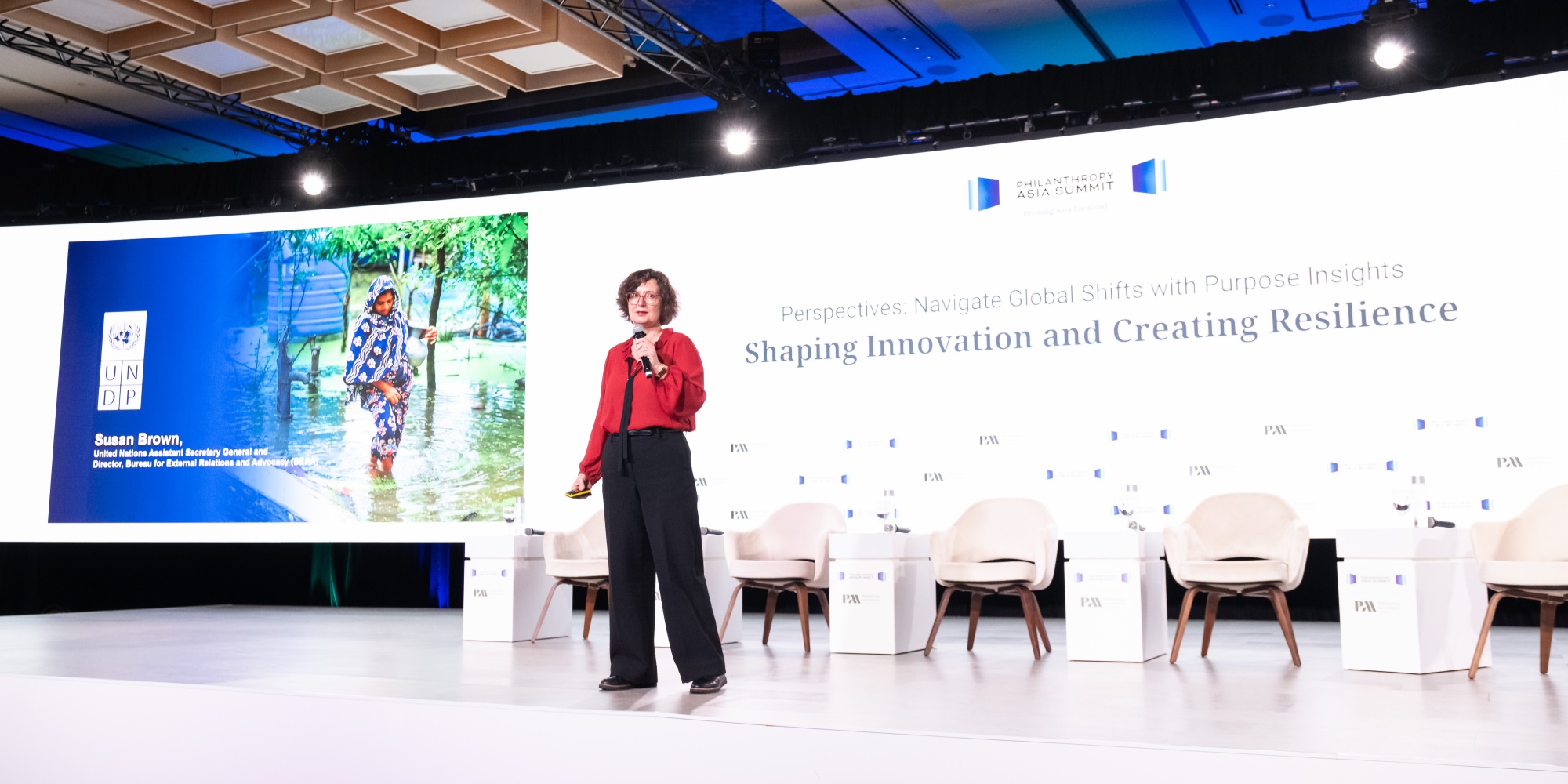
Ms. Susan Brown, Assistant Secretary General, United Nations Development Programme, speaking at the PAS plenary.
Sessions also highlighted that resilient systems require more than technical coordination — they need to be built on trust, local leadership, and shared purpose. Effective collaboration depends on aligned goals, good governance, and evidence-based decision-making.
Advancing Gender Equity Through Education
The benefits of gender-inclusive education are well established, yet access, quality, and learning outcomes remain uneven.
Panellists spoke on how reforms, such as inclusive policies, targeted infrastructure upgrades, and gender-responsive digital platforms, are beginning to reshape learning environments.
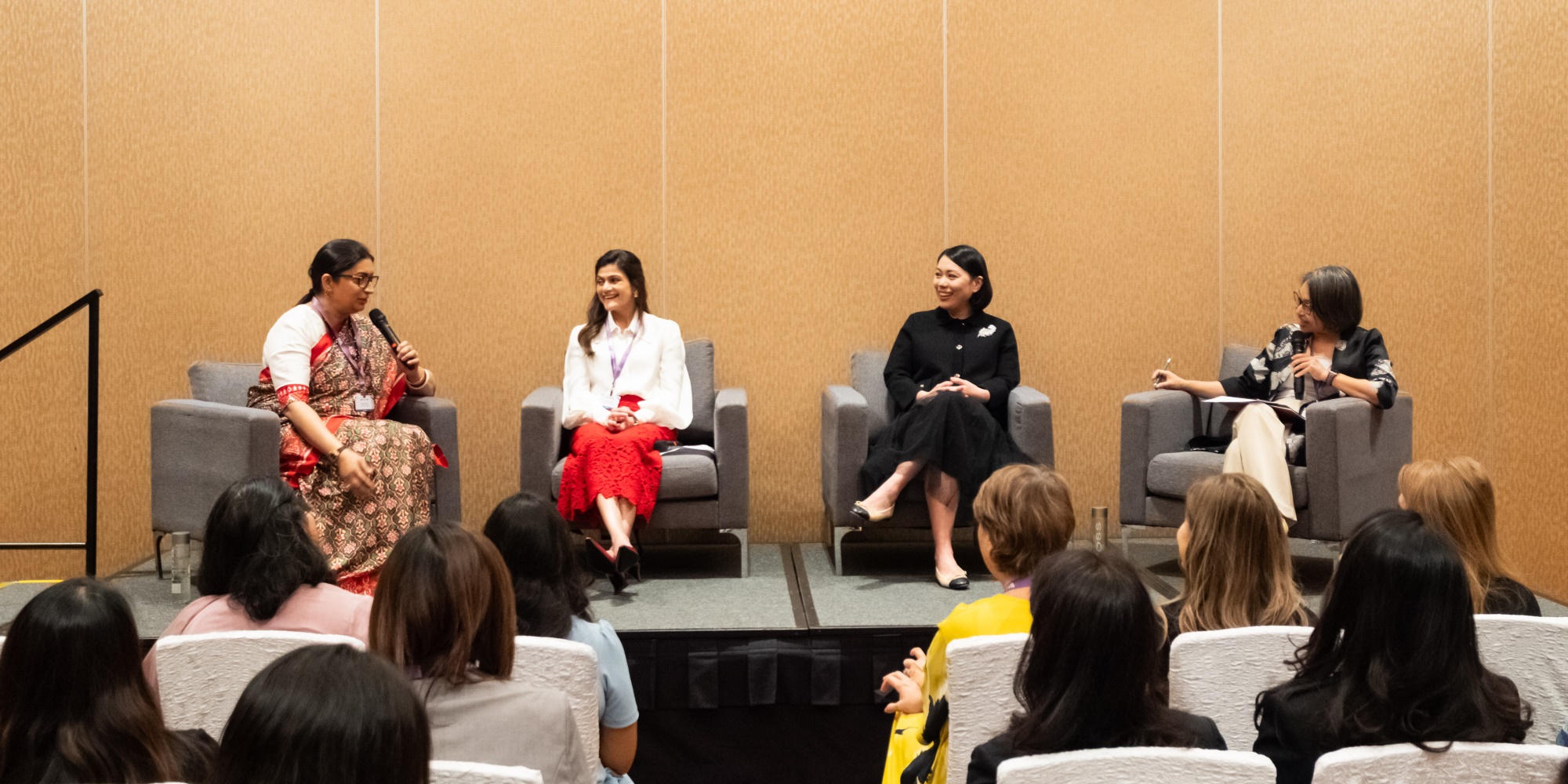 Panellists at “Horizons Session: Women in Education” during the Summit.
Panellists at “Horizons Session: Women in Education” during the Summit.
That said, barriers persist well beyond the classroom. These include early gender socialisation, bias in technology, and limited support structures for women and girls, particularly in blue-collar and STEM pathways. To close these gaps, tailored skilling opportunities, inclusive programme design, and long-term structural reform across education and employment systems are needed.
Technology’s Role in Inclusive Learning
Artificial intelligence (AI) holds immense potential to personalise learning, improve accessibility, and prepare young people for evolving job markets. It can drive equity in education when combined with teacher support, custom curricula, and equity-focused systems.
However, language, cultural relevance, and accessibility gaps in the Asia Pacific region remain major hurdles. Initiatives are emerging to bridge this divide and make AI more inclusive, such as by supporting underrepresented Southeast Asian languages.
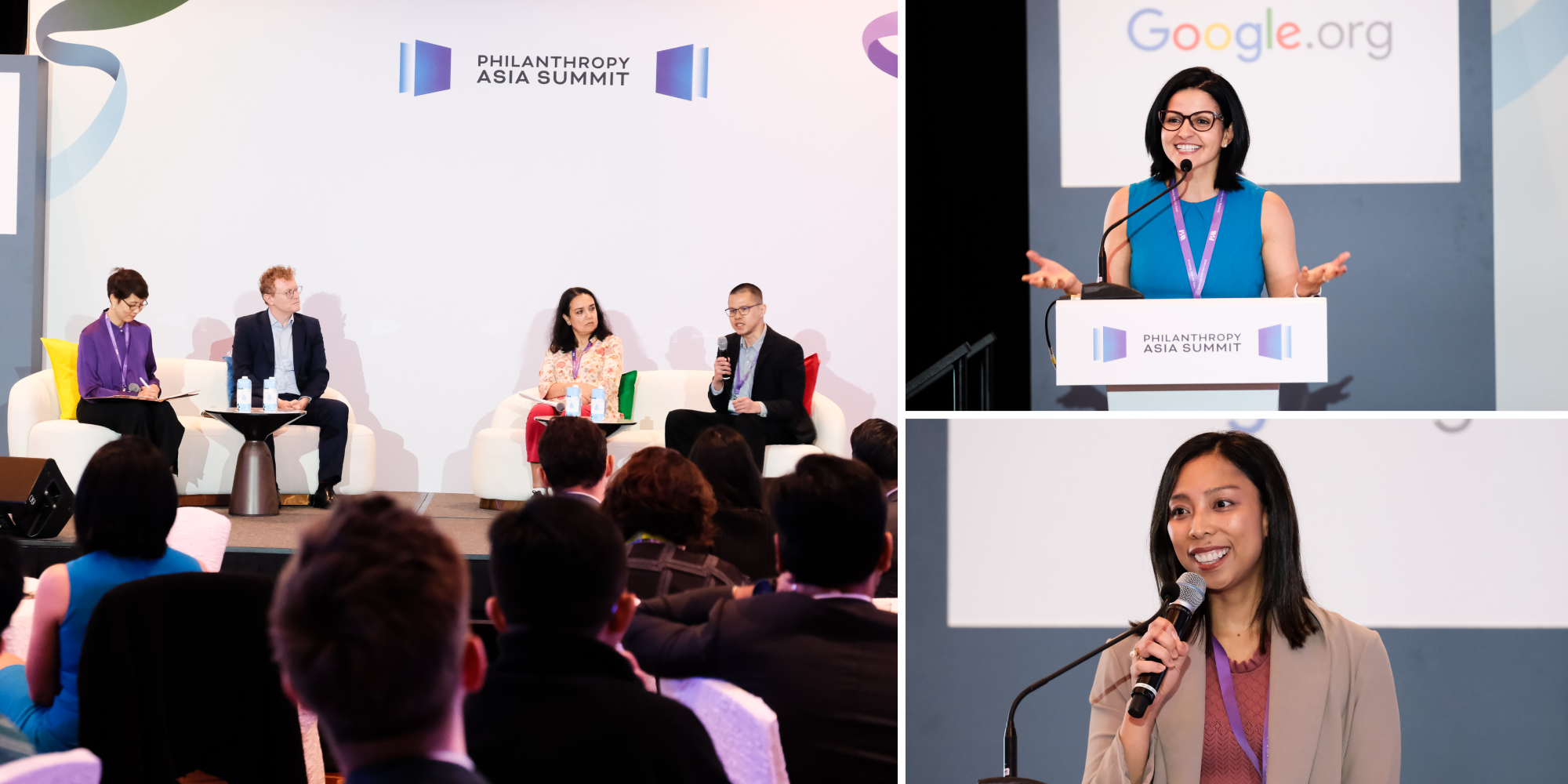 PAS partner event, “The AI Opportunity: How can we unlock its potential for everyone in APAC?”, anchored by Google.org.
PAS partner event, “The AI Opportunity: How can we unlock its potential for everyone in APAC?”, anchored by Google.org.
Many individuals are also unaware of opportunities to receive AI education and training. Targeted outreach and inclusive programmes are urgently needed, especially for women, who are more vulnerable to AI-driven job disruptions.
Fundamental infrastructure — such as devices, connectivity, and foundational digital literacy — is vital to deploy AI equitably. Corporate philanthropy often supports such infrastructure, speakers noted.
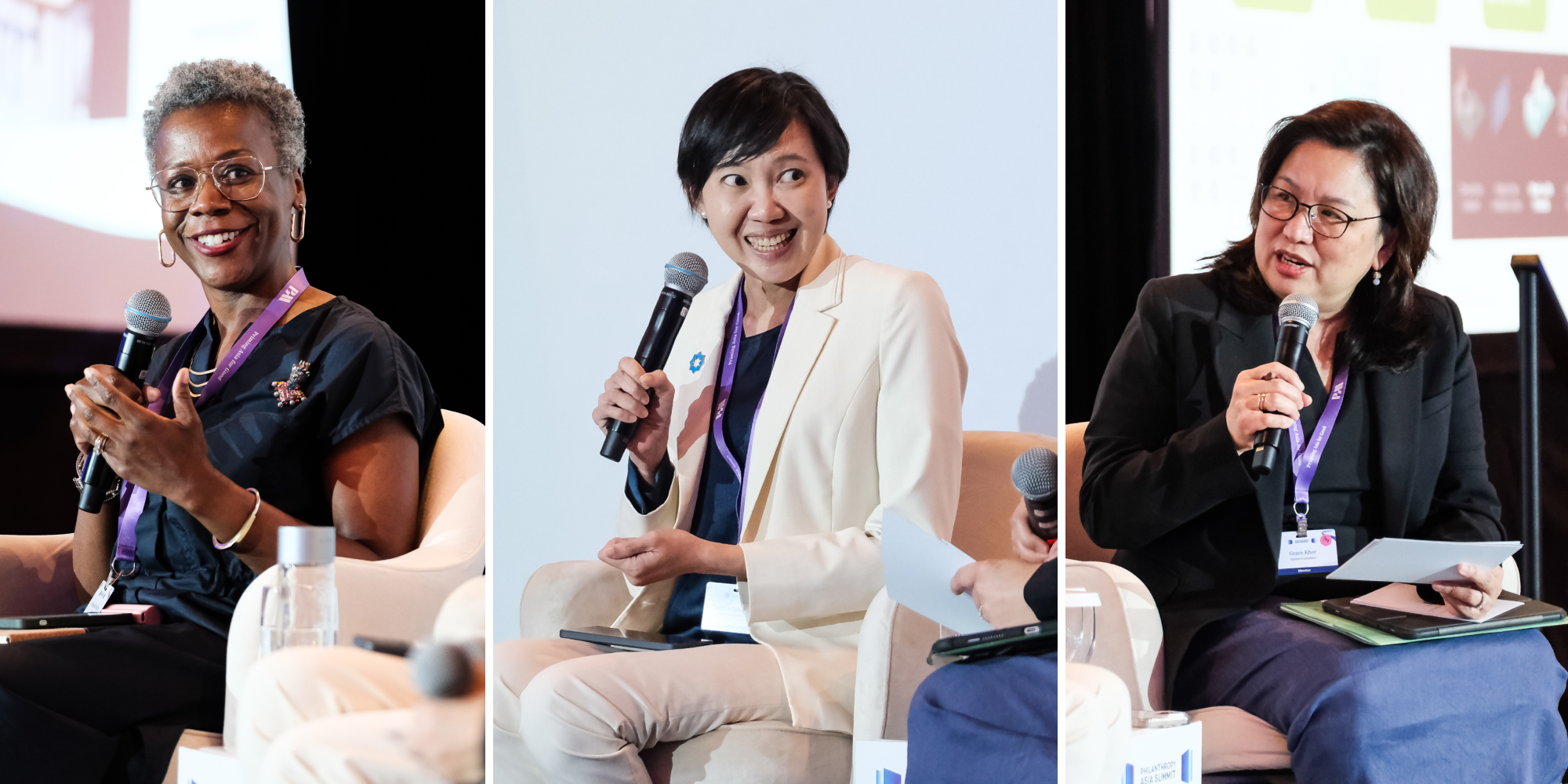 PAS partner event, “AI in Education – Empowering the Next Generation”, anchored by Equinix Foundation.
PAS partner event, “AI in Education – Empowering the Next Generation”, anchored by Equinix Foundation.
Collaboration as a Catalyst
Whether addressing nutrition, education, or workforce readiness, collaboration is a necessary enabler. When multiple stakeholders — such as governments, private funders, philanthropies, civil society, and communities — come together, they multiply ideas, networks, capacities, and perspectives.
No philanthropist can solve complex development challenges alone. The most effective philanthropists build deep partnerships, stay close to the communities they serve, and fund relationships, infrastructure, and systems that make progress stick.
Trust brings people to the table and keeps them there during tough times, while good data ensures the partnership stays on track and can measure its impact, speakers noted.
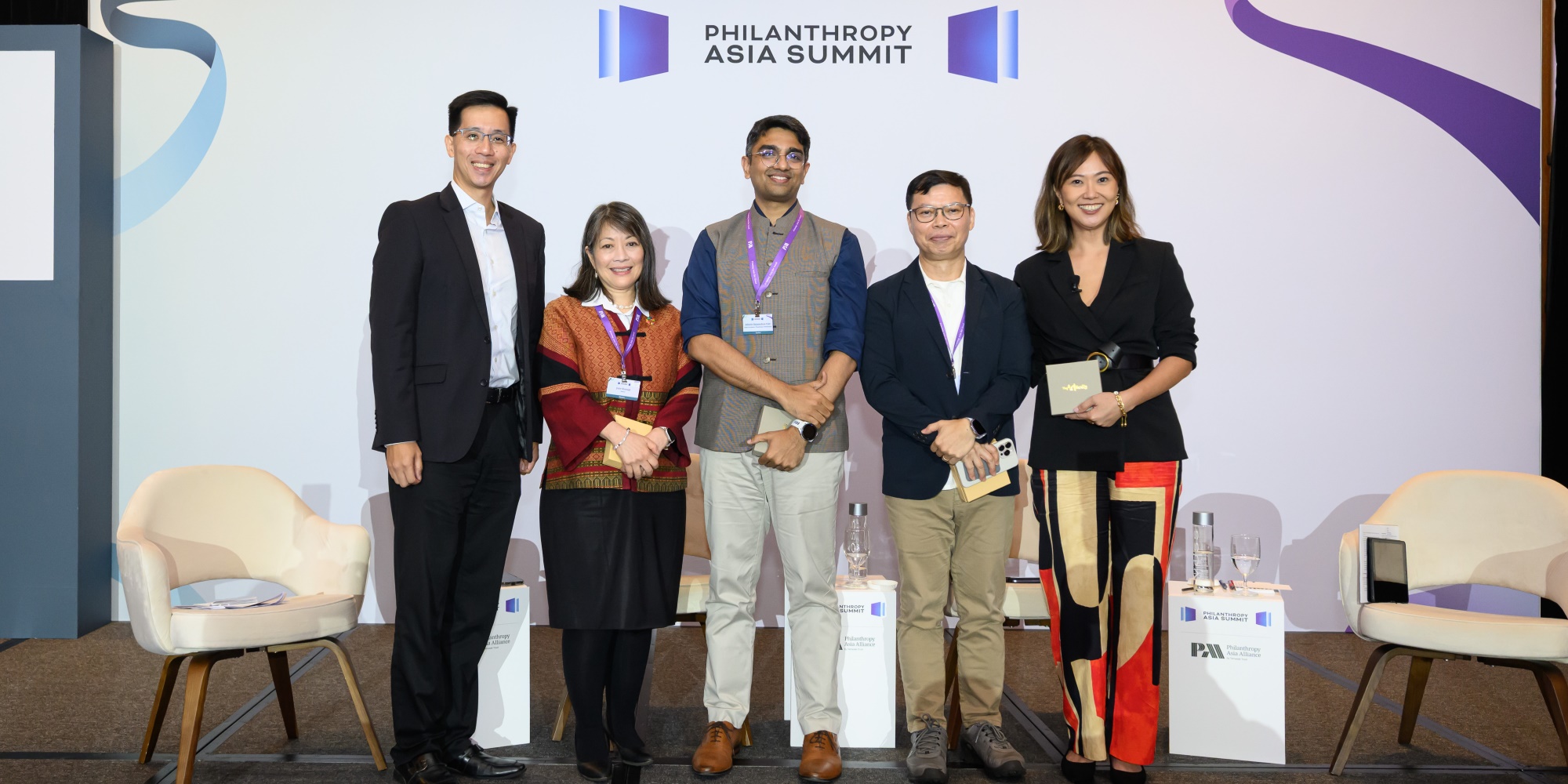 PAS partner event, “Catalysts for Change: Multi-Stakeholder Collaboration”, anchored by Tanoto Foundation
PAS partner event, “Catalysts for Change: Multi-Stakeholder Collaboration”, anchored by Tanoto Foundation
Investing in People as a Development Strategy
People are the foundation of sustainable development. From nourishing children to preparing youth for the economies of the future, investing in human potential is the most enduring path to inclusive growth.
Look out for the PAS 2025 Insights Report for in-depth perspectives on human capital and systems transformation.
Stay inspired and informed — subscribe to the Philanthropy Asia Alliance’s bimonthly newsletter, PAA Pulse, for stories of catalytic change across the region. Follow PAA on LinkedIn for our latest updates.

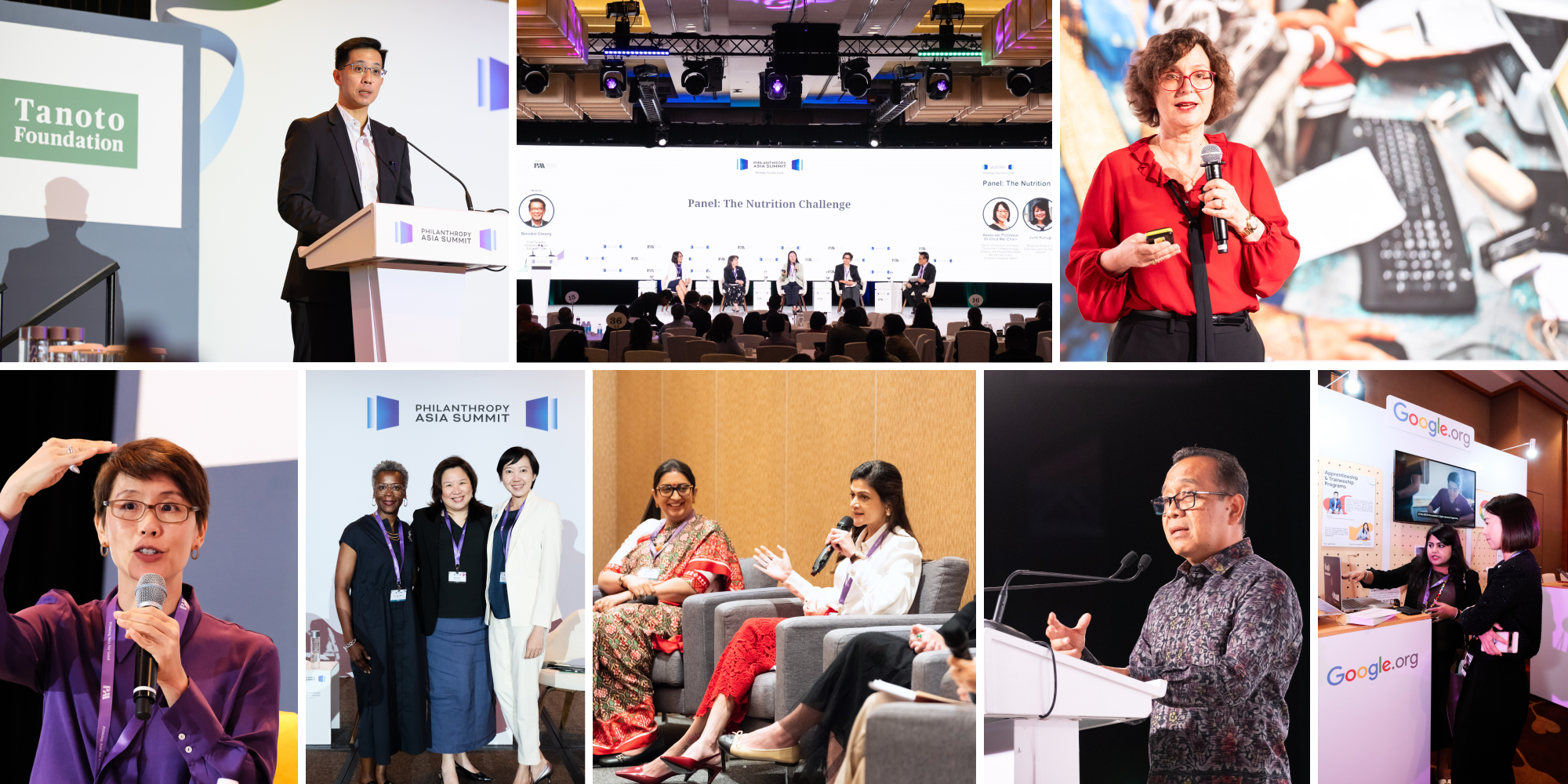
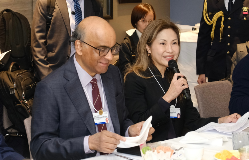
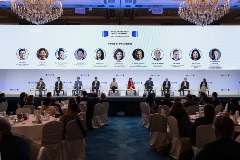
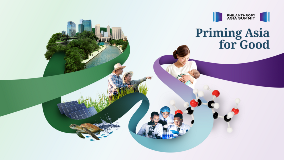

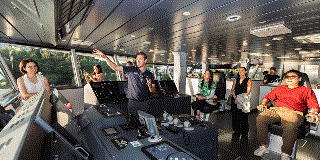

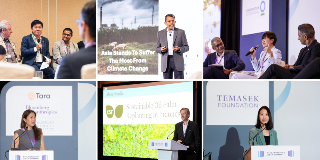
.tmb-.png?Culture=en&sfvrsn=7fea9931_1)
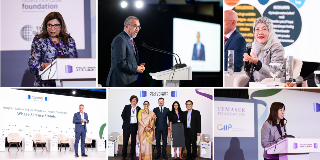
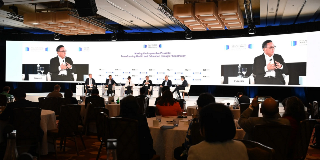
.tmb-.gif?Culture=en&sfvrsn=e13997ec_1)


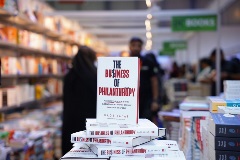
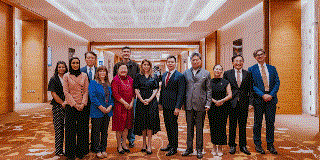
.tmb-.gif?Culture=en&sfvrsn=3f4b1163_1)

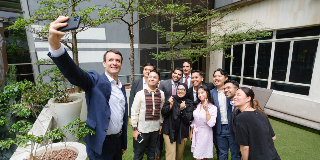
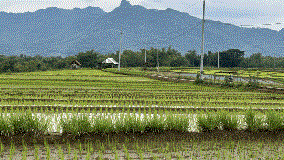

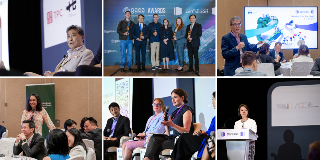

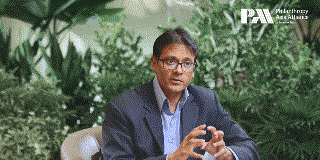
.tmb-.gif?Culture=en&sfvrsn=b5ece239_1)
.tmb-.gif?Culture=en&sfvrsn=6fb3b6df_1)

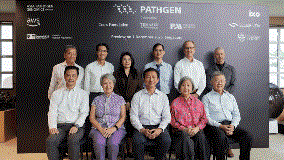

.tmb-.jpg?Culture=en&sfvrsn=fedc60fc_1)
